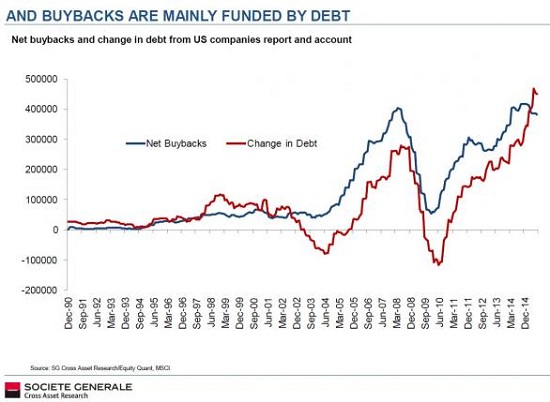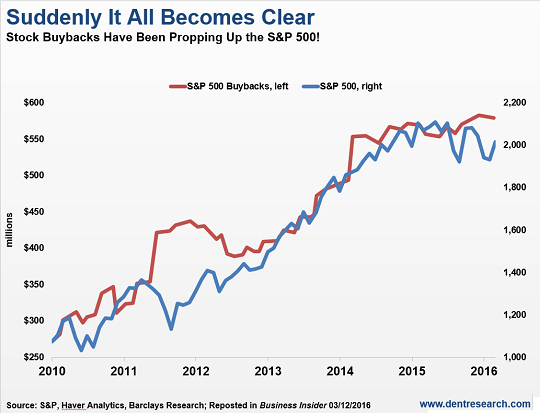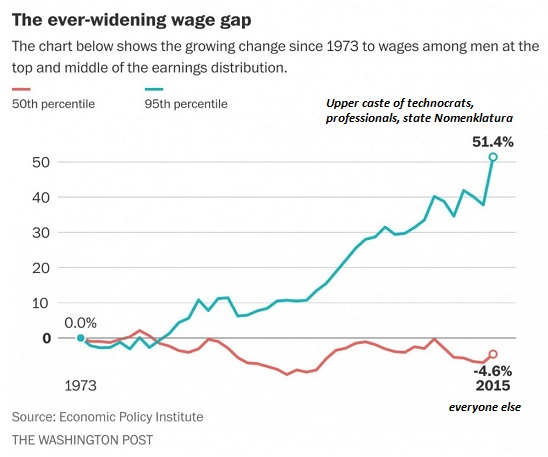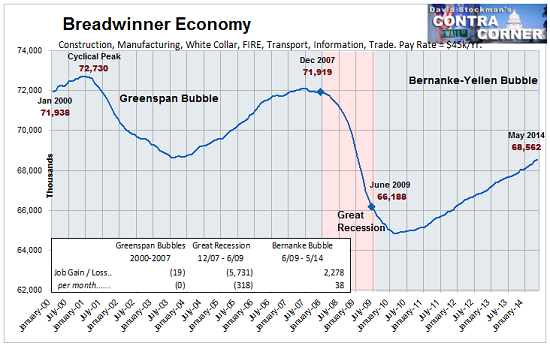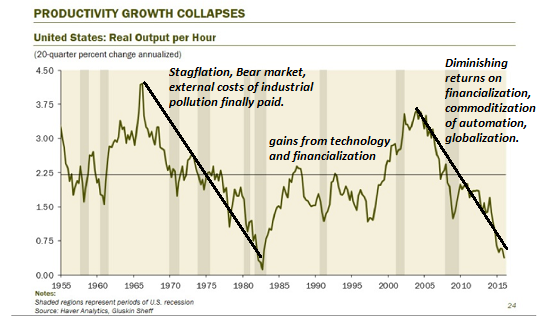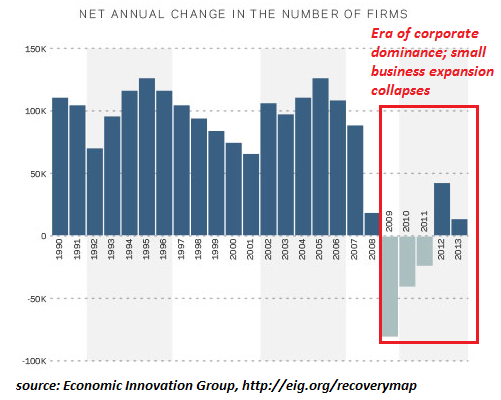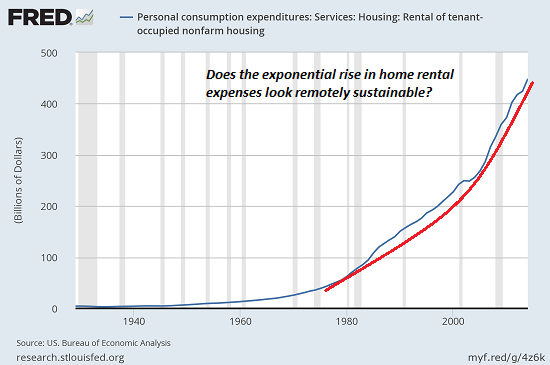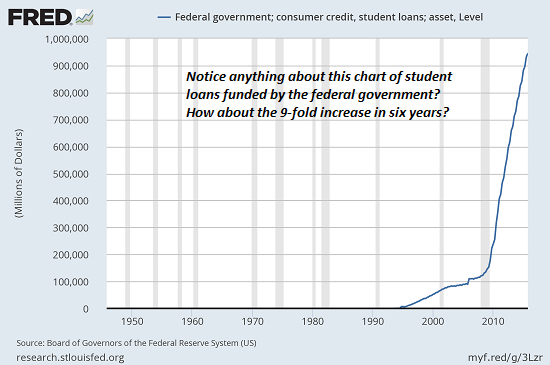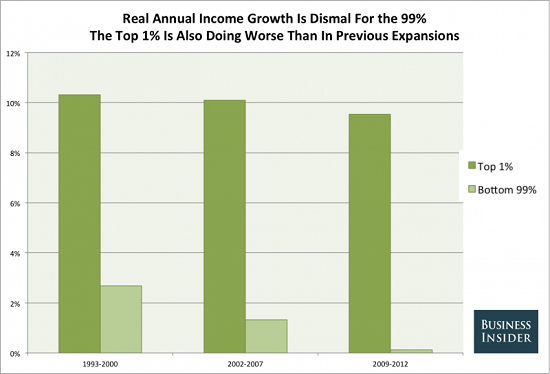[h=1]Does Obama Care About Black People? Louisiana Asks The President To Cut Vacation Short[/h]Who can forget the controversy created when, in 2005, President Bush took just enough time off vacation to "fly-over" Louisiana to survey the devastating damage from Hurricane Katrina. The backlash against Bush was massive with Kanye going so far as to use a televised fundraiser as an opportunity to label Bush a racist:
Even Senator Obama took to the Senate floor to question the "unconscionable ineptitude" of Bush's response:
"Shockingly", we haven't seen much backlash in the media from Obama's missing presence in Louisiana nor has Kanye volunteered his thoughts on the matter.
Even Senator Obama took to the Senate floor to question the "unconscionable ineptitude" of Bush's response:
"Indeed, if there's any bright light that has come out of this disaster, it's the degree to which ordinary Americans have responded with speed and determination even as their government has responded with unconscionable ineptitude."
So with Louisiana once again suffering from a catastrophic flood, Baton Rouge newspaper, The Advocate, is asking "where is Obama?"
Last week, as torrential rains brought death, destruction and misery to Louisiana, the president continued his vacation at Martha’s Vineyard, a playground for the posh and well-connected.
Like his predecessors, Obama has no doubt discovered that crises keep their own calendar, even when commanders-in-chief are trying to take some time off the clock. It’s an inconvenience of the presidency, but it’s what chief executives sign up for when they take the oath of office.
And if the president can interrupt his vacation for a swanky fundraiser for fellow Democrat Hillary Clinton, as he did on Monday, then surely he can make time to show up for a catastrophe that’s displaced thousands.
The president’s vacation is scheduled to wrap up on Sunday. But he should pack his bags now, and pay a call on communities who need to know that in a national catastrophe, they are not alone.
Well, turns out Obama was extremely "busy" today but he sends his best.Like his predecessors, Obama has no doubt discovered that crises keep their own calendar, even when commanders-in-chief are trying to take some time off the clock. It’s an inconvenience of the presidency, but it’s what chief executives sign up for when they take the oath of office.
And if the president can interrupt his vacation for a swanky fundraiser for fellow Democrat Hillary Clinton, as he did on Monday, then surely he can make time to show up for a catastrophe that’s displaced thousands.
The president’s vacation is scheduled to wrap up on Sunday. But he should pack his bags now, and pay a call on communities who need to know that in a national catastrophe, they are not alone.
"Shockingly", we haven't seen much backlash in the media from Obama's missing presence in Louisiana nor has Kanye volunteered his thoughts on the matter.
